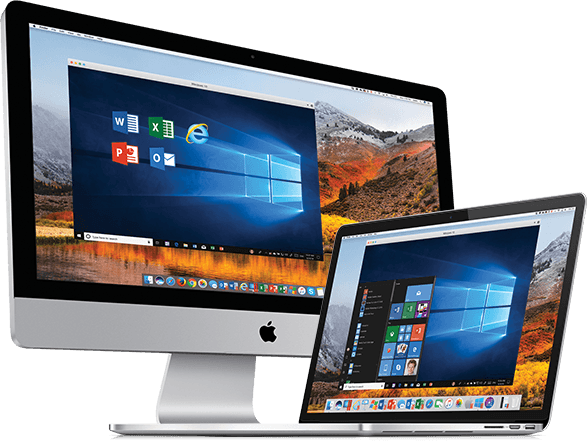Mac Or Windows For Game Development

Use WhatsApp Without Phone Number or SIM As mentioned above, we have tested two different methods of using WhatsApp without phone number or SIM card and you can try both these methods and use the one that is most convenient to you. Whatsapp for mac fake phone number. Your Whatsapp verification would be completed successfully! & you can now use WhatsApp with a fake/spoof U.S.A number and Enjoy WhatsApp Anonymously! Recommended: You can even use Two WhatsApp accounts on a single Android – Click here for tutorial to Officially use 2 WhatsApp numbers on a Single Android. Want to create Fake WhatsApp Account with USA (United States of America) Number i.e. With +1 Country Code then check How to Create WhatsApp with US Number. Benefits of WhatsApp with USA Country Number is you have Virtual Number WhatsApp so you can Prank your Friends. 100% Working Way to Create US Number WhatsApp.
Of the three I've used (Mac OS X, Linux, Windows), I consider Linux the best place to do Java development. My primary personal machine is a Mac, and I've done quite a lot of Java development there and been happy with it. Unfortunately, however, Apple lags behind the official JDK releases and you're pretty much limited to the few versions they choose to provide. My employer-provided machine is an old P4 crate from HP which I use mostly to keep my feet warm. The real work occurs 'Oberon', on a 2.6 GHz quad-core running Ubuntu 8.04 in 32-bit mode [1]. The two advantages I notice day-to-day compared with Windows are: • A powerful command line, which helps me automate the boring little stuff.
• Far superior file system performance. (I'm currently using EXT3 because I'm becoming conservative in my old age. I used ReiserFS previously, which was even faster for the sorts of operations one typically performs on large workspaces checked out of subversion.) You can get those advantages from a mac too, but Linux offers another nice bonus: • Remote X11: Before my $EMPLOYER provided e-mail and calendar via web, I had to be on the Windows box to read my mail and see my meetings, so I used Cygwin's X11. This allowed my to run the stuff on Linux but display it on my windows desktop. [1] I used to run Ubuntu in 64-bit mode, but I had no end of trouble.
(Mixing 64-bit and 32-bit is something Mac OS X does much better.) 7.04 worked fine running 32-bit applications on the 64-bit kernel. 7.10 broke the linux32 script and the ability to install new 32-bit applications though old ones continued to (mostly) run. 8.04 killed 32-bit java by making it impossible to connect to the network from a 32-bit JVM (no more updates for Eclipse). Running Eclipse 64-bit didn't work reliably. The then current version of oXygen would only run (grudgingly) under the IBM 64-bit VM which would work for about 10 minutes until it stopped getting keyboard events.
I finally gave up in frustration and used my Mac for a few months until I had enough slack time to do a 32-bit install of 8.04 on the linux box. Now everything works again and I'm quite happy. Develop on whatever you like. As a java programmer you might want to avoid Mac OS X, primarily because new features seem to have been significantly delayed, and also because you can find you've no longer got a machine that supports the new versions of Java. Having said that I imagine developing on Mac OS X must be very nice (command line interface, dtrace, nice OS). I develop on windows with IntelliJ 7.

It's ok, but needs some hefty hardware. I then deploy onto solaris/linux. Unless you're writing GUI's or integrating with C++ code, you should be fine choosing whatever takes your fancy. I believe you should stick to the OS you are the most comfortable with, or which is the most available to a large group (of developers), like for instance a set of PCs on Windows. It is rare to need to do in-depth tuning on development platform. You would reserve all those dtrace and other performance tuning to assembly platform (for example in Linux), for daily deployments where everything is recompiled and unit-tested.